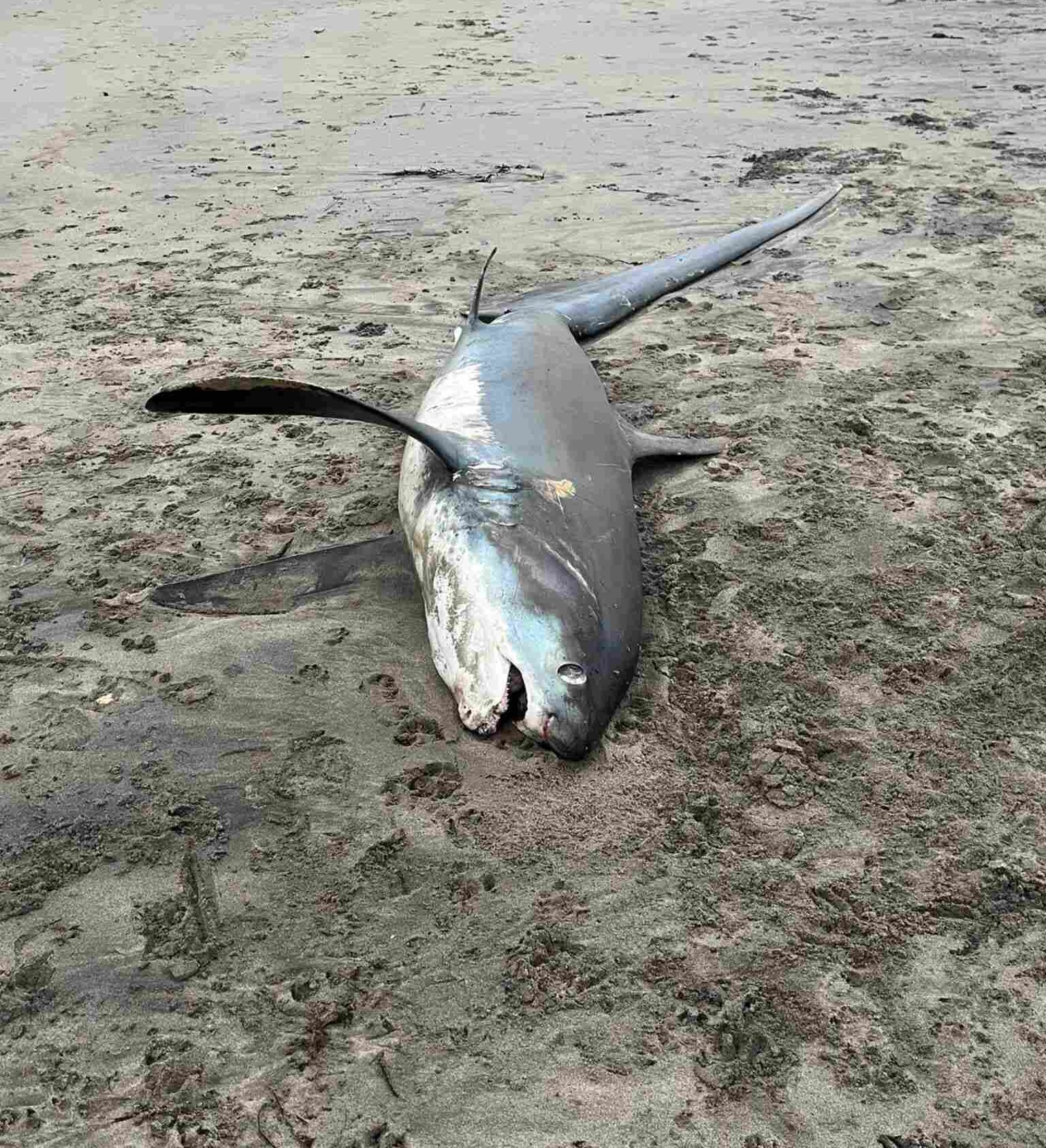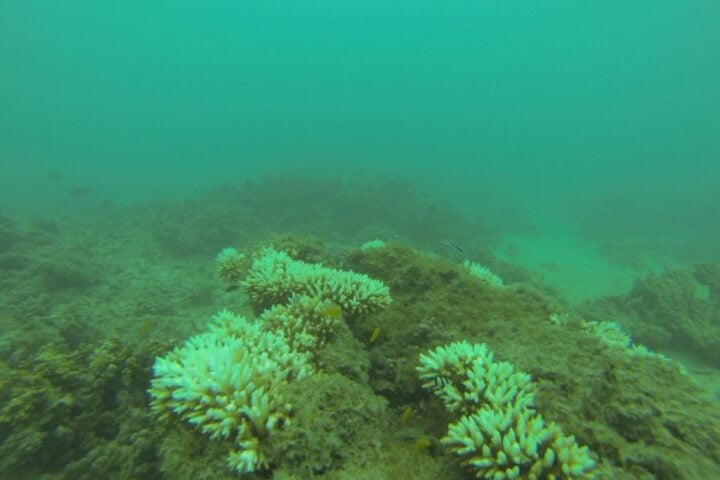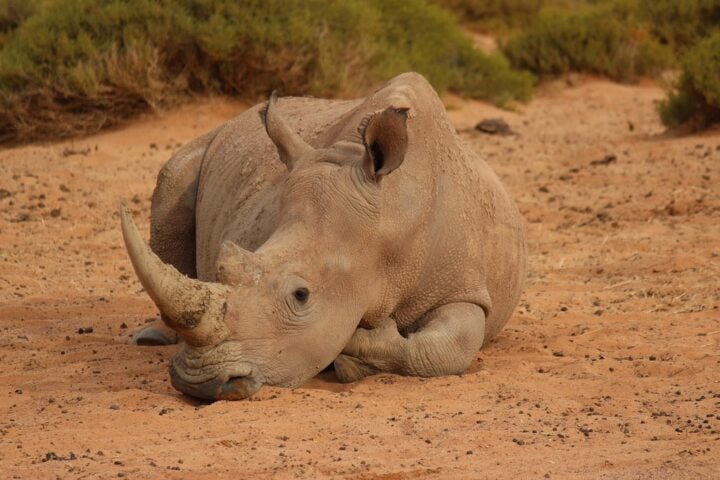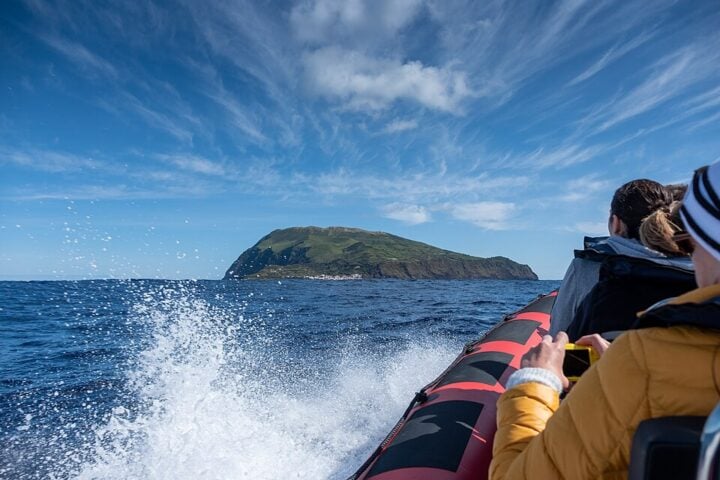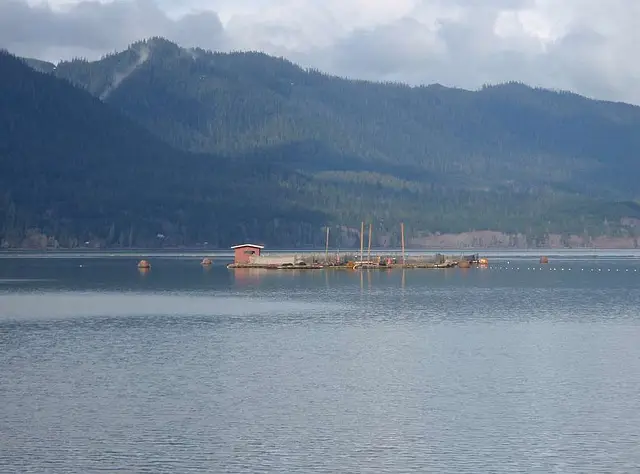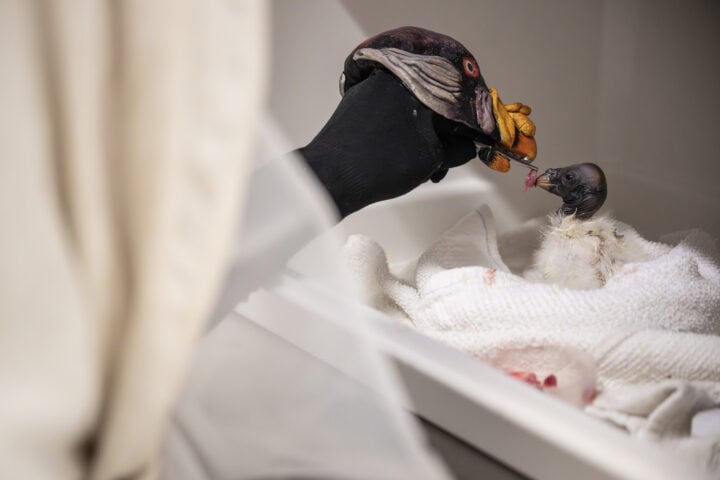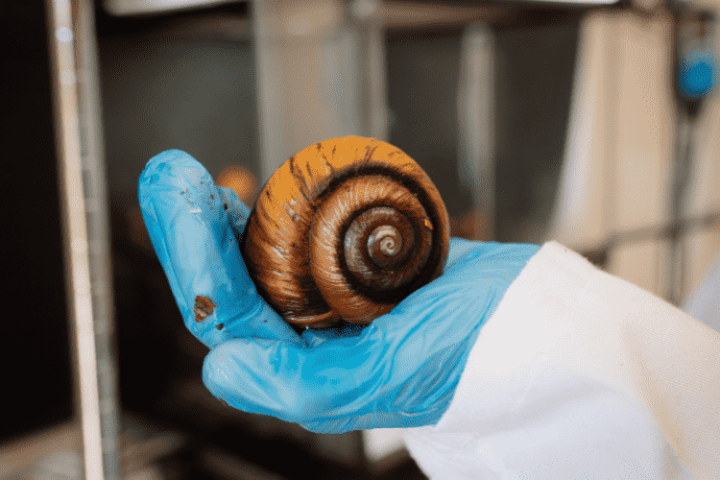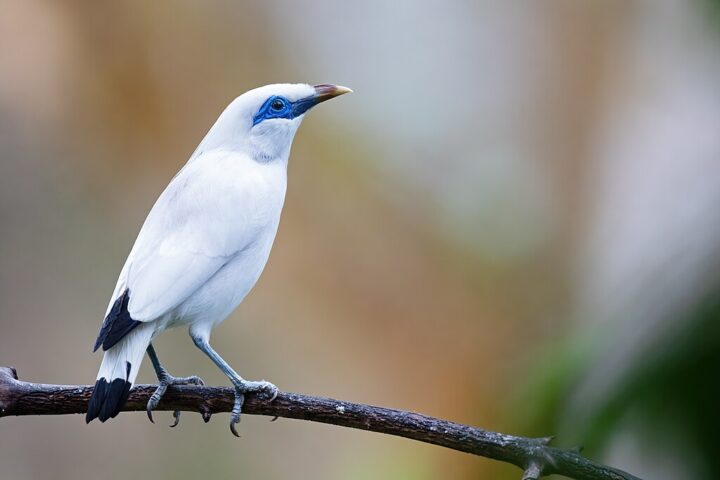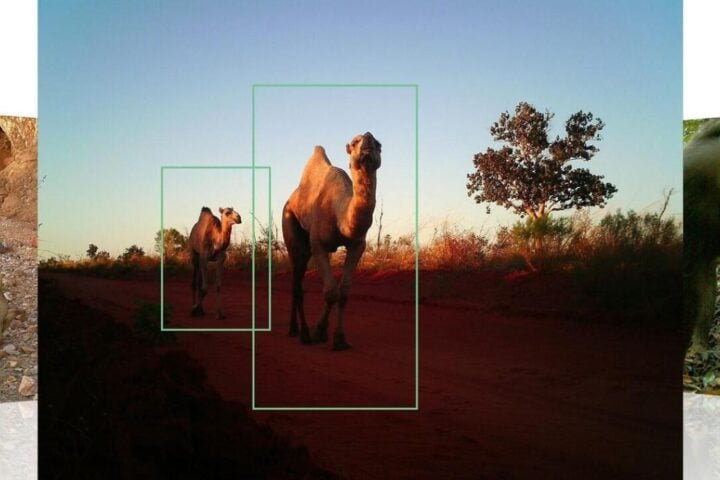A rare endangered shark was found dead on a British beach, prompting concerns about the safety of marine wildlife. The discovery has led experts to call for better protection of these ocean creatures and stricter fishing rules.
The massive thresher shark was discovered by a dogwalker on New Year’s Day at Par Beach in Cornwall, England. This marks the second such death in the region recently, pointing to growing risks for these endangered animals.
Marine conservation officer Matt Slater explained the situation: “ It looks like it was much more likely caught by recreational fishermen, as there is a hole near its jaw.”
Understanding Thresher Sharks
Thresher sharks are remarkable creatures that most people never get to see. They get their name from their unique tail fin, which can be as long as their body. These sharks use this tail like a whip to hunt, stunning small fish by slapping the water.
Unlike the scary image of sharks in movies, thresher sharks are peaceful animals that avoid humans. They prefer to spend their time in deep waters and only visit UK coasts during the summer months when the water is warmer. These sharks can live up to 50 years and play a vital role in keeping ocean ecosystems healthy.
Why Should We Care?
This shark’s death shows us three big problems in our oceans:
1. Fishing gear can hurt sea animals by accident. Nets and lines meant to catch one type of fish often trap other animals too. When this happens, it’s called “”bycatch”—catching animals they didn’t mean to catch.
2. People who fish for fun can hurt rare sea animals without meaning to. Some don’t know the right way to set free a big shark or other sea creature if they catch one by mistake.
3. There aren’t many of these sharks left in our oceans. They’re dying out, and each lost shark makes it harder for them to survive as a species.
More Stories
What’s Being DoneTill Now?
The Cornwall Wildlife Trust is working hard to help and understand why these sharks are dying. As a primary responder, Cornwall Wildlife Trust volunteers kept people back at a safe distance and wrote down important details about the deceased shark. After the careful examination, they move the shark’s body carefully.
Cornwall Wildlife Trust has urged water users to adopt safe handling and release practices to help protect marine animals. Community cooperation was critical in this incident, with volunteers and locals ensuring the shark was moved safely while maintaining a secure distance for onlookers.
Local people are worried and angry about the shark’s death. Many want tougher rules about fishing to keep rare animals safe.
What Can Be Done?
While the Trust looks into what happened, here’s how you can help protect sea animals:
- Learn which sea animals in your area need special protection
- Follow the Trust’s guidelines for responsible fishing if you fish
- Think about how your beach and ocean activities might affect sea life
The trust will soon conclude its findings from the postmortem. This might help make new rules to keep sharks safer.
“This incident highlights the vulnerability of marine life in European waters. Conservation efforts and responsible fishing practices remain essential to protect species like the thresher shark,” says the trust.
